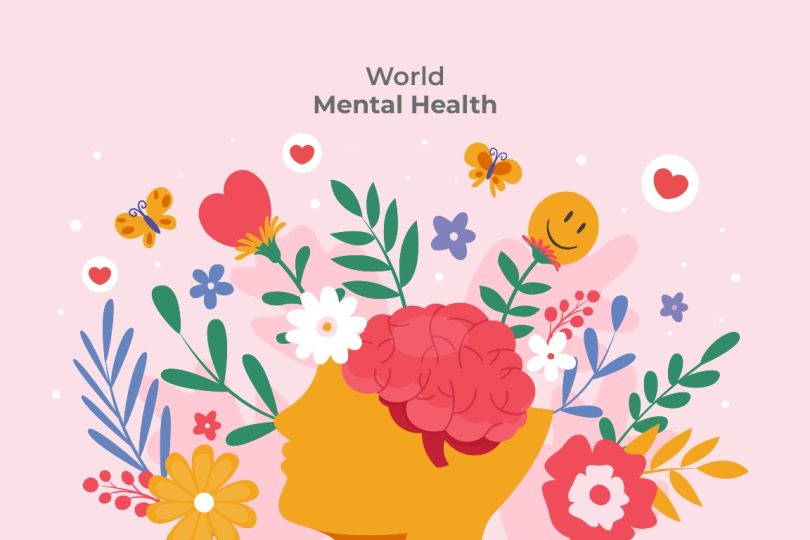Wellbeing rests on two pillars: mental and physical health. Each influences the other. We aim to explore this complex relationship. We’ll use research, real-world cases, and expert opinions. The goal is a comprehensive understanding. We’ll also share strategies to promote mental and physical health. The focus is your journey towards holistic wellness.
Table of Content
- Mental and Physical Health: The Connection
- Evidence from Science
- Case Studies from Real-life
- Promoting Mental and Physical Health
- Conclusion: Key Points
Mental and Physical Health: The Connection
The wellness of mind and body share a deep connection. Psychological issues like stress can lead to physical problems. These include heart disease and high blood pressure. Chronic physical ailments can also affect our mental health, leading to conditions like depression or anxiety. It’s a cyclical relationship, with each aspect impacting the other.

Consider chronic stress. It can cause harm to our physical health. Hormonal changes caused by stress can lead to heart disease and even certain types of cancer.
Evidence from Science
Scientific research supports the connection between psychological and physical wellness. Studies show how mental issues can increase the risk for physical problems. For instance, a study found that anxiety and depression increase the risk of heart disease. Chronic diseases like diabetes or cancer can also lead to depression.
The World Health Organization has stated that ‘There is no health without mental health’. This statement highlights the importance of this connection. Thus, our mental health can play a significant role in determining our overall physical health, and vice versa.
Case Studies from Real-life
Real-life case studies offer insights into the connection between psychological and physical wellness. Consider the case of John, a middle-aged man who had been suffering from chronic stress due to high work pressures. Over time, this unmanaged stress led to high blood pressure, a major risk factor for heart disease. Despite having no previous history of heart conditions, John found himself at risk due to his mental health situation.

On the other hand, there’s Lisa, a young woman with a chronic physical illness. The constant pain and worry about her health caused her to withdraw socially, which eventually led to feelings of isolation and depression. These cases highlight how physical health problems can lead to significant mental health issues, creating a detrimental cycle.
Promoting Mental and Physical Health
When it comes to promoting both psychological and physical wellness, a balanced approach is key. This includes regular physical exercise, a healthy diet, adequate sleep, and effective stress management. Regular exercise not only improves physical wellness but also has significant benefits for psychological health. Exercise releases endorphins, chemicals in the brain that act as natural mood lifters, reducing feelings of stress and anxiety.
A balanced diet, rich in essential nutrients, is another important factor. Proper nutrition is essential for healthy brain function, and a lack of certain nutrients can lead to mood disorders. Similarly, getting enough sleep is critical. Lack of sleep can lead to obesity and heart disease, and it can also have a significant effect on mood and mental health.
Effective stress management techniques, such as mindfulness, meditation, yoga, or engaging in hobbies, are also crucial. By managing stress effectively, we can reduce the risk of physical health issues associated with chronic stress and improve overall mental wellbeing.
Conclusion: Key Points
Mental and physical health are deeply intertwined, and the state of our mental health can greatly affect our physical health, and vice versa. Understanding this connection is crucial for personal wellbeing and for devising effective health strategies.
Scientific research and real-life case studies illustrate this connection and highlight the importance of taking care of both mental and physical health. By adopting strategies that foster both, we can enhance our overall quality of life and wellbeing. The journey to health is a holistic one, and with knowledge and the right strategies, we can all navigate our path towards better health.






